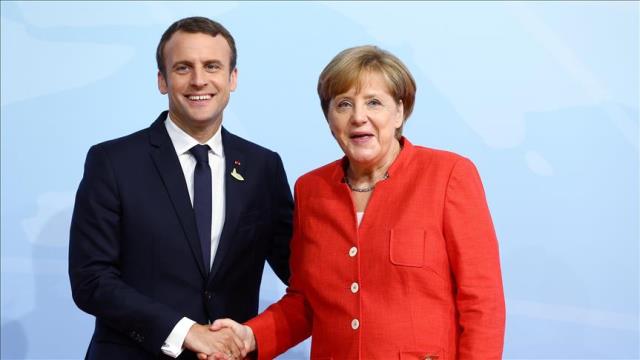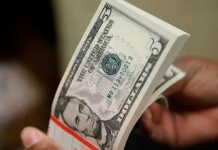France and Germany will lay out plans on Monday for a limited joint euro zone budget focused, for now, solely on financing investment, French Finance Ministry sources said on Friday.
They will steer clear of more controversial plans for using the proposed budget to help euro zone countries in economic downturns as they seek to overcome opposition to their ideas from other members of the single currency bloc.
Paris and Berlin agreed in June to flesh out plans for a joint budget by the end of the year as part of broader package on closer euro zone integration, proposals that have long been championed by President Emmanuel Macron.
However, the idea quickly ran into resistance from some other countries, led by the Netherlands, who are concerned about how much money it will require and how it will be used.
The French and German finance ministers will present their euro zone counterparts with the new proposal at a meeting on Monday in Brussels, while also clarifying the legal framework around it.
“There’s agreement with the Germans to say we need a budget for investment and competitiveness spending,” one Finance Ministry source said.
Their plan also avoids mention of a set amount for the budget, which could help make an agreement possible among euro zone finance ministers at a follow-up meeting in December.
More difficult talks are likely to follow at a later time over whether and how to use the budget for some kind of economic stabilisation role, the source said.
The French have proposed that countries could pay into a pool of money from which they could take out bridge loans during recessions to keep up investment spending. Countries could also stop making contributions during recessions, easing pressure on their budgets, the source said.
The European Commission has proposed a similar idea, but it would draw on funds from the EU budget and it would be worth 30 billion euros ($34 billion).
Meanwhile, the German Finance Ministry has proposed setting up a reinsurance fund for member countries’ own unemployment insurance, topping them up if needed in a downturn. France is also open to the idea.












